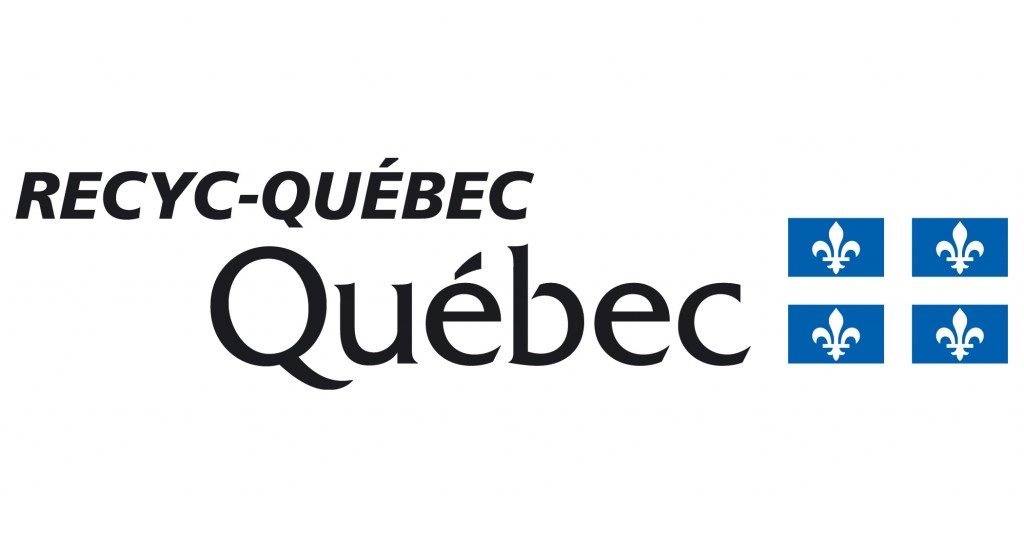Quebec government to invest $ 1.2 billion into organics collection and recovery by 2030
All households, businesses, institutions and industries to benefit from new focus on organics management

On Friday July 3rd, the Quebec Minister of the Environment and the Fight against climate change, Benoit Charette, unveiled a plan to inject $1.2 billion into improving the collection and recovery of organic matter in the province. The total investment, to be managed in collaboration with RECYC-QUEBEC, including $ 450.1 million available as of 2020 (through 2021), will be invested over the next decade, into both municipal and private sectors.
According to a the announcement, the plan is to offer organic matter collection to all Quebec citizens and manage organic matter for 100% of industries, businesses and institutions, by 2025. By 2030, the plan is to recycle or recover 70% of the organic matter targeted and reduce 270 000 tonnes equivalent CO2 per year of greenhouse gas emissions (GHGs).
"Since coming to power, our government has taken important steps to improve the collection, recovery and recovery of our residual materials," commented Benoit Charette. "We only have to think of the modernization of the deposit, that of selective collection and the traceability of soils. Today, we are taking another step forward by investing $ 1.2 billion to divert organic matter from disposal sites and ensure their recovery, which will significantly contribute to reducing our GHGs. To achieve this, we plan in particular to extend the collection of organic matter to 100% of households, businesses, institutions and industries in Quebec by 2025. Thanks to the support of the government and municipalities, the entire population as well as industries , businesses and institutions will be able to contribute to an even healthier management of our residual materials. "
Currently, organic matter constitutes approximately 60% of the 5.8 million tonnes of residual matter eliminated each year in Quebec. The waste sector also represents the fifth largest GHG emitter in Quebec, responsible for the emission of around 4.55 million tonnes of CO2 equivalent per year.
The Quebec government says the Strategy is meant to accelerate the establishment of collection services and organic matter processing facilities. In addition, it will promote the quality of the organic matter treated and the development of local outlets for composts, digestates and other residual fertilizing materials from this collection. It also relies on a sharing of responsibilities between actors in the value chain, including municipalities.
To achieve this, the government says it will increase the charges for landfilling of residual materials from $ 23.51 to $ 30 per tonne, and that this is a clear signal that Quebec intends to discourage the elimination of residual materials for the benefit of their recovery. The government will also help municipalities better manage food and green residues throughout their territories and improve the eco-center network for wood residues from citizens. At the same time, Quebec will encourage and then compel the collection of food and green residues and the collection of paper and cardboard.
The program to reduce, recover and recycle organic materials from the industries, businesses and institutions sector, administered by RECYC-QUEBEC, will be awarded $9.6 million. The Crown corporation is also responsible for a new recognition program for sorting centers for construction, renovation and demolition residues, which is the result of concerted discussions with the residual materials management industry. It will make it possible to generalize best practices in this sector of activity, which will promote the quality of the materials that come out of sorting centers. Both of these programs are in effect now.
"Optimal and responsible management of organic matter contributes to the collective effort to reduce greenhouse gas emissions, hence the importance of 'make it a priority," said Sonia Gagné, President and CEO of RECYC-QUÉBEC. "By launching the Organic Matter Development Strategy today, we are taking a concrete step in this direction, either by continuing efforts to increase municipal service or by supporting industries, businesses and institutions in this challenge. The Organic Matter Development Strategy offers the various clienteles the means and the financial support necessary to take action, and RECYC-QUÉBEC will be there to offer them all the support they need. "
The Ministry of the Environment and the Fight against Climate Change and RECYC-QUÉBEC will work in close collaboration over the coming months with the aim of disseminating the Strategy to target clienteles, in order to facilitate understanding and promote the harmonious integration of the measures it provides for.
According to Suzanne Roy, Union President of Quebec Municipalities and mayor of Sainte-Julie, "Municipalities have managed organic matter for years. Dozens of organic materials recovery projects have been set up across Quebec. The government's announcement targets ambitious objectives that cannot be achieved without the assistance of local governments and the investment of the necessary means and sums. The UMQ sees the strategy unveiled today as a firm commitment by the government to set up a partnership with local governments and to financially support the achievement of organic material recovery objectives. "
Jacques Demers, President of the Quebec Federation of Municipalities and Mayor of Sainte-Catherine-de-Hatley also commented, saying "The Federation of Quebec Municipalities welcomes the Minister's announcement. The sums invested will make it possible to recover the organic materials which still make up 60% of our residual materials today. The FQM shares the objectives set by the Minister; they are ambitious, and our members are ready to invest in reaching them. As spokesperson for the regions, we would like to emphasize his desire to adapt the implementation of the Strategy to all the contexts in our territories."


